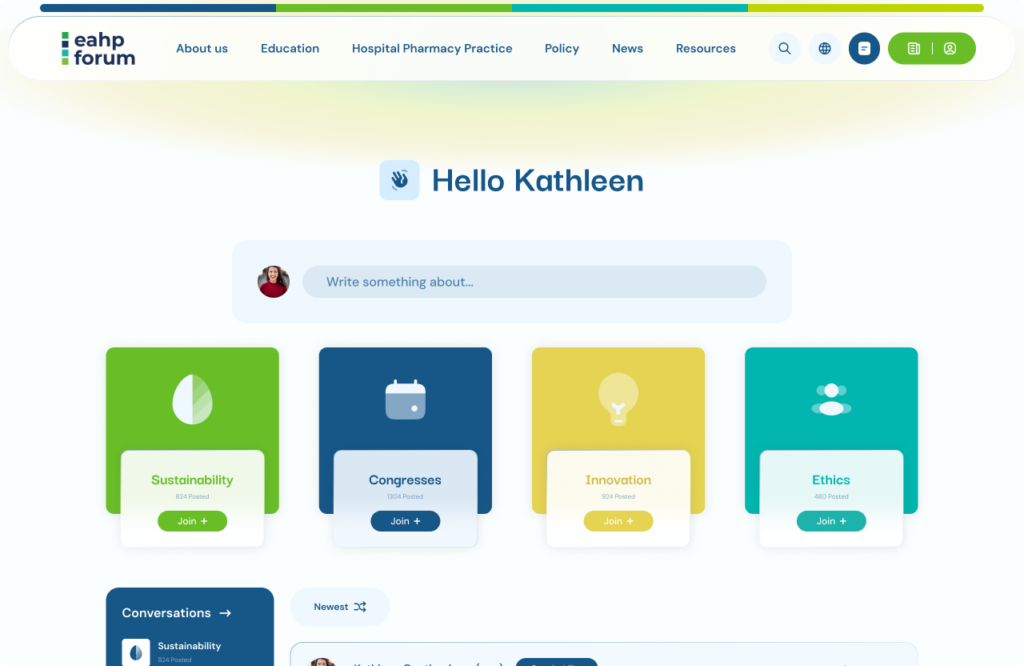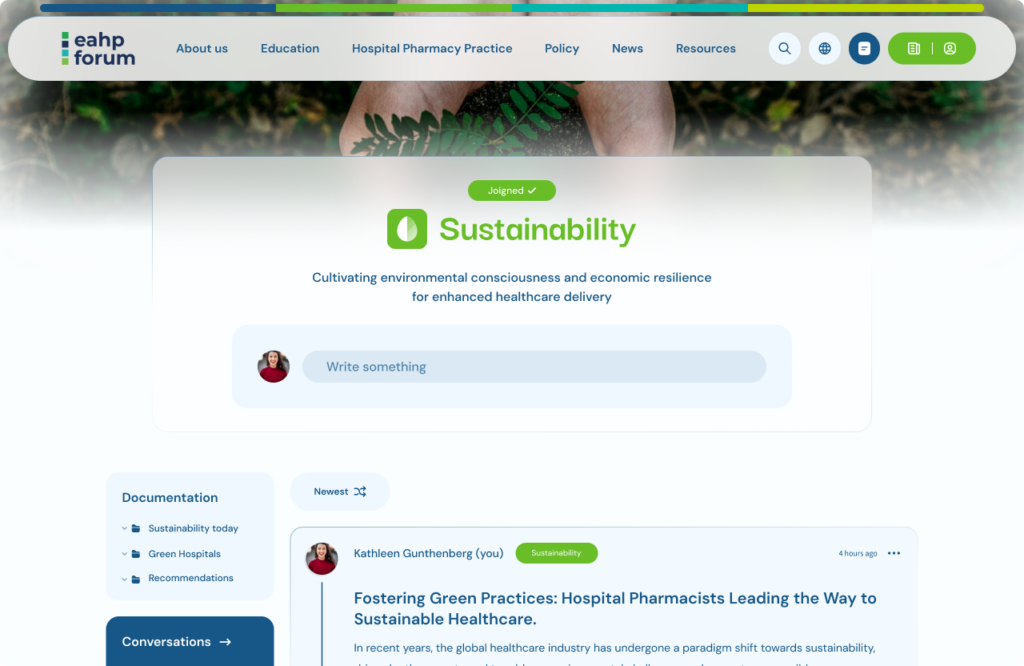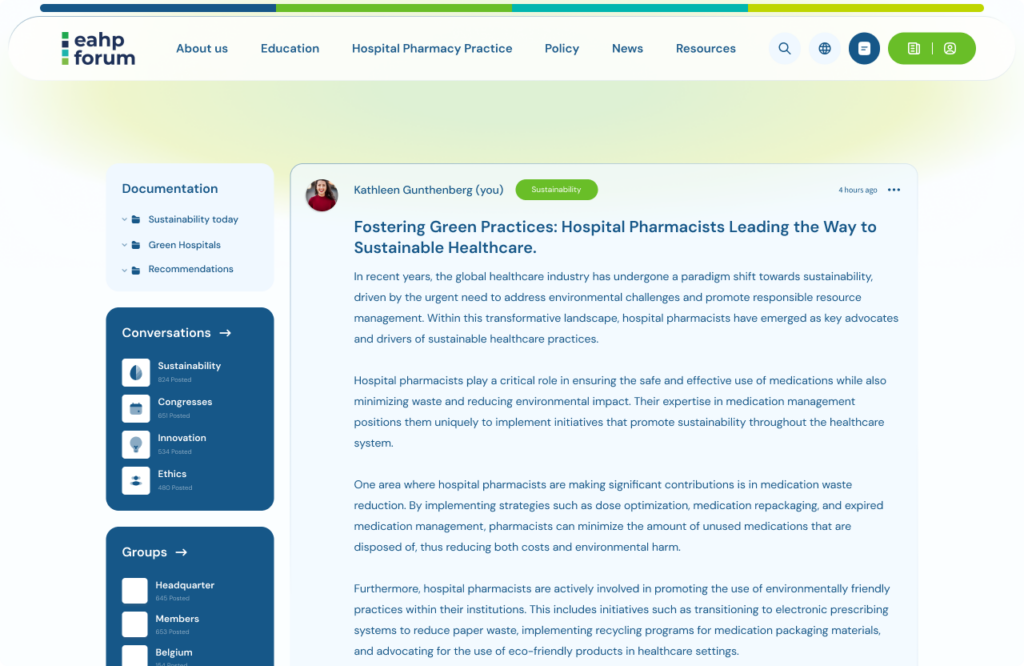Linked to EAHP Statements
Section 3 – Production and compounding: Statements 3.3, 3.4
Section 6 – Education and Research: Statements 6.4, 6.5
ACPE UAN: 0475-0000-18-015-L04-P. A knowledge based activity.
Abstract
Clinical Trials are highly regulated and request more and more skills and expertise as predefined in the European and national regulations, acts and ordinances. In addition, new legal acts require protection of patient’s data, biological samples, and/or research monitoring. No clinical study is feasible without approval by ethical committees.
Nuremberg Code (1947, principles for human experimentation), Declaration of Geneva (1948, Physician’s dedication to the humanitarian goals of medicine, revision of the Hippocratic Oath), Declaration of Helsinki (1964, Ethical principles regarding human experimentation), Belmont Report (1979, Protection of Human Services of Biomedical and Behavioural Research), Oviedo convention or the EU Charter of Human Rights have been the most determining framework for human research acts. Nevertheless, critical incidences continue to occur, such as in the Tegenero trial of TGN 1412 (London 2006), when six volunteers experienced cytokine storm after receiving a CD28-targeting superagonist, or during the Bial Clinical Trial in France (Rennes 2015), when six volunteers were hospitalized and one person died a brain death in a phase I clinical trial of Compound BIA 10-2474, aimed to pain relief by acting on cannabinoid receptors.
At current moment, these issues are about to be addressed by a new EU Regulation on Clinical Trials, that will enter into force in 2018 and the EU General Data Protection Regulation. It makes sense to gain an adequate knowledge on the most important novelties introduced by these new legal tools, especially in regard with issues such as cell banks, liquid banks, informed consent, data treatment, right not to know in the health context, or medicines and devices able to intervene in the human germ line (in embryos, fetuses or adults).
Learning objectives
After the session, the participant should be able to:
• Comprehensively understand international and national requirements arising from research acts and ordinances and from ethical committees;
• Critically evaluate pitfalls and risks for volunteers and patients still remaining although requirements are highly challenging;
• Easily navigate in the legal framework of research acts and ordinances as well as ethical guidelines and recommendations;
• Assess pitfalls and risks for volunteers and patient; and,
• Reproduce how ethical committees work and how the special challenges look like (such as liquid banks, cell banks, participants who are not able to give informed consent).
Educational need addressed
Any research project that prospectively assigns human subjects to a health related intervention to determine its effect on health, structure or function of the human body. As research is this sense is essential to hospitals and sponsors, the hospital pharmacist is involved in those hospitals which participate in research. He should know the legal frame and particularities related to investigational medicines and the quality assurance requirements to be fulfilled.
Keywords: Clinical trials, patient safety, human research acts and regulation

























